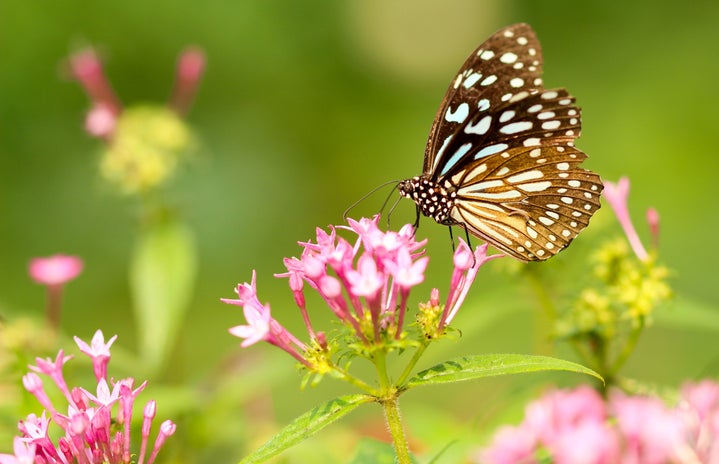Much like many of my Northern friends, I had hardly ever given any thought to seasonal allergies before arriving at Emory. If I woke up with a runny nose or scratchy throat, I was always confident I’d merely caught a cold and would feel better in a few days. I assumed this would hold true at college too, so when the familiar cold symptoms started to set in, I prescribed myself Dayquil and sleep and waited to get better. But it never happened. Soon, I came to terms with the fact that I had severely underestimated the amount of pollen Atlanta plants produce, and I was, in fact, suffering from seasonal allergies.
If you’re like me and are new to these mild, but very annoying, allergy symptoms, here are some things you can do to reduce or even prevent them.
- Take allergy medicine!
As soon as you realize what you’re experiencing is a case of seasonal allergies, taking allergy medicine is a must. As obvious as this may sound, it helps enormously. There are great over-the-counter options that are extremely effective. I’ve found that the best thing to do is to take it at night, so you can wake up feeling relatively symptom-free. It is important to make sure you’re aware whether or not the medicine you’re taking has side effects such as drowsiness.
- Wear sunglasses
Even if the outdoors makes you sneezy, it’s unrealistic to avoid going outside altogether. Aside from looking cool, sunglasses can help keep pollen and UV rays, both of which cause reactions, out of your eyes.
- Wash hair
Because pollen can build up in your hair, washing it after you’ve spent time outside can prevent it from affecting you later. This is especially important if you wear any gel products in your hair, because they attract pollen.
Here’s to sneezing a little less and feeling a little better this allergy season!


